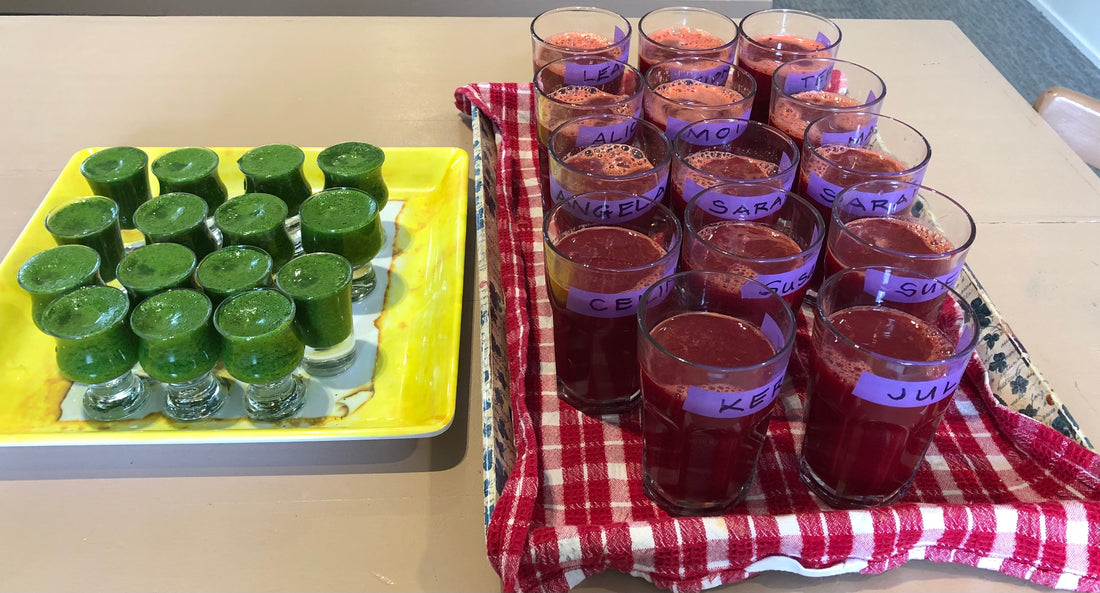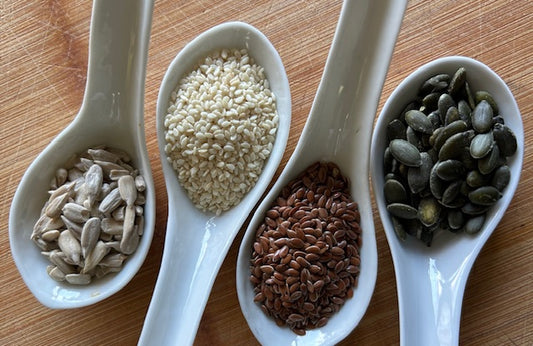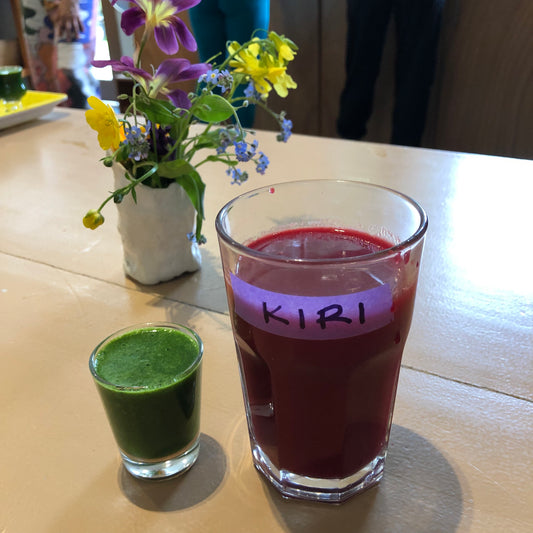Fasting
Fasting has become popular over the last 5 years, helped by people like Michael Mosley & in NZ the team at AUT making it more visible the the general public. Humans have been fasting for different reasons since we have existed. Due to food scarcity, & for religious or culture reasons.
Michael Mosley, a Dr in the UK brought intermittent fasting to popularity via different methods which have changed, as his experience has changed over time. Firstly with the 5:2 diet, & more recently with the Fast 800.
What is fasting?
Fasting is having periods of the day or week without food.
Intermittent fasting is where you have periods of the day without food, & sometimes days in the week with lighter food. There a many different ways to fast.
Types of fasting;
Time restricted fasting
This is where you shorten your eating window over the 24 hr day.
So you may delay breakfast to 10am, having not eaten since dinner the night before at 6pm. This is know as 16:8. Meaning you fast for 16 hrs & have an eating period for 8 hrs. Having a longer eating window can also work for those that need to bit more leeway, so that might be 14:10
5:2
This is eating normally for 5 days of the week then eating calorie restricted meals for 2 days. This works best if you eat a healthy diet on other days. With two smaller meals on fasting days. Still paying attention to quality protein, some good fat & lots of vegetables.
Fast 800
This is only eating 800 calories everyday for a period of tie, up to 8 wks. for fast weight lose. This is a great way to lose the dangerous fat around the organs. But it can be hard to maintain depending on your discipline. This is not recommended as an ongoing diet. It is designed to lose fat fast, then return to a more balance regular eating pattern
Superfasting
This is the term coined by the AUT nutritions specialists Grant Schofield & Caryn Zinn. Their books are worth a read (What the Fat?, What the Fast?). They are interested in getting you into ketosis, which is where the bodies main source of fuel becomes fat, not glucose from carbohydrates.
In this diet they recommend fasting for 2 days, going from dinner to dinner the next night, then for the rest of the week eating normal, high fat low carb (HFLC) meals. With 1-3 cheat meals weekly. Depending on whether you are trying to lose weight or maintain health.
In my opinion these options above are all better options for weight loss than the old form of dieting which is low fat & restricting calories. Low fat means you need carbs to function, where as fat helps us feel fuller with less whilst teaching your body to function & burn fat for energy. High good fat also helps your body become more fat adaptive. This means your body gets better at running on fat to fuel, & becomes less reliant of carbs, so when you eat less your body burns your own fat for energy.
Which type of fasting to choose depends on you, your discipline & your relationship to food.
Longer fasting
Longer fasts of 3 - 10 days are undertaken & if managed well can be beneficial for your health. I wouldn't reccomend attempting a longer fast without trying some form of intermittent fasting like those mentioned above first to reduce to shock for your body, & make the experience more managable.
What can you have in a fast?
There are different ways to fast.
Water & herbal tea only
Black tea & coffee don't take you out of ketosis, but may be removed if you are fasting to detox.
Juice fasts; vegetable & fruits juices may be used in a fast for detoxification reasons.
In intermittent fasting; you can have reduced calories, reduce process foods.
The Science... Why fast?
Fasting has been shown to aid health is multiple ways.
When the digestive system isn't busy digesting & gets a break, it has time to do a big clean up, scientifically called autophagy. Autophagy is when certain cells called marcophages break up damaged cells, to recycle parts of use, effectively cleaning up cells that could go on to causes health problems. How quickly you get into autophagy when fasting depends on your metabolism. Some may get the benefit with a 24 hrs fast, others may need to do a longer fast. That is one of the major benefits of mulitday fasts.
Other benefits
Fasting can:
- Aid blood sugar control by reducing insulin resistance. Insulin is a hormone the pancreas secretes that helps regulate blood sugar in the blood, & fat & protein metabolism. Insulin resistance is when cells become less sensitive & responsive to insulin. If unchecked this can lead to further health concerns or disease, like metabolic syndrome, & type 2 diabetes.
- Reduce Inflammation, fasting has been shown to reduce C reactive protein, an inflammatory marker.
- May assist heart health through reduction of cholesterol, trigylcerides & blood pressure.
- May assist brain function & reduce or prevent neurodegenerative diseases. Fasting may help reduce inflammation in the brain, protect & increase; neural generation, & neuroplasticity (neurons ability to adapt & regrow, reorganise). This may help with cognition & preventing conditions like Alzheimer's or dementia.
- May assist with weight loss.
If you are interested in trying fasting I recommend you speak to a qualified health professional, like you GP & get in touch if you would like further information about whether it is right for you.
People should not fast in the following situations;
Pregnant or breastfeeding
Children
Underweight adults
Type 1 diabetes or type 2 diabetes reliant on insulin medication; anyone who is diabetic should discuss with their GP prior to fasting
Psychological issues with food, eating or non-eating including eating disorders
Thyroid issues; talked to your GP prior to fasting
Other serious illness or disease, check first that it is safe
Tips for fasting
Stay hydrated with water & herbal tea
Make sure you have a restful day or time you plan to fast
Try to eat cleanly. Reduce processed food, coffee, alcohol, sugar
Don't do excessive exercise on fasting days, gentle exercise is fine, until you are more used to fasting.
I recommend eating a high fat, low carb diet to help you become fat adaptive before trying regular fasting, especially longer fasts like 24 hrs or multiday
For multiday fasts; reduce caffeine, alcohol, meat, dairy, sugar, processed food for the 5 days prior or longer if possible.




